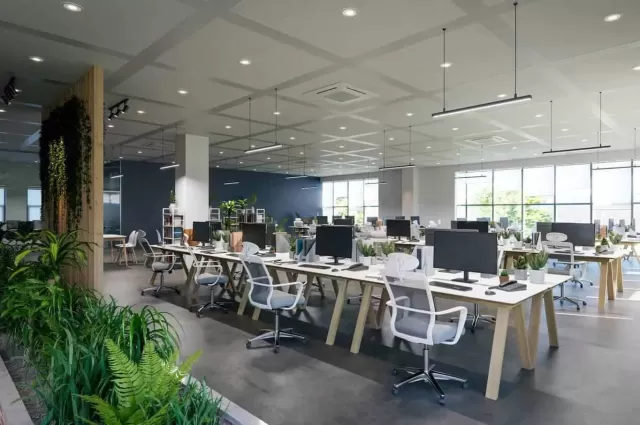English
Three-day weekend? South Korea's bold plan divides experts and workers.

South Korea is riding the wave of workplace innovation! A fascinating new experiment is underway in the land of kimchi: the phased implementation of the four-day workweek. This bold move, spearheaded by local governments and a few pioneering companies, is redefining the relationship between productivity, well-being, and personal life.
Far from being a mere translation of global trends, the South Korean model adapts to its own reality, offering flexible variations that are generating an enthusiastic national debate.

A Mosaic of Experiences: From 4 Full Days to 4.5
The implementation is not uniform, but rather presented as a menu of options designed for different needs:
- For young families: Chungnam Province, Seoul, and Daejeon have focused on public employees with young children or those expecting children. They offer them the option of working four ten-hour days (completing a total of 40 hours) to enjoy a three-day weekend, or working from home one day a week. It's a great way to foster family bonding! In fact, a survey in Seoul revealed that nearly 90% of civil servants with children under eight years old said that working from home helps them balance work and childcare.
Jeju's "4.5" Model: The idyllic island of Jeju has opted for a slightly different but equally appealing formula: the 4.5-day workweek. Employees extend their workday from Monday to Thursday, finishing at 1:00 pm on Friday. Since the total number of hours worked remains the same, salaries are unaffected. Furthermore, for employees with infants under two years old, teleworking one day a week is mandatory.
- The private sector is joining in: It's not just public initiatives. Cafe24, a South Korean e-commerce solutions giant, implemented the full four-day week in July, maintaining salaries and total hours, after a successful trial of giving alternate Fridays off.
An Ambitious Project: Gyeonggi Province Makes a Big Bet
Surrounding Seoul, Gyeonggi province launched in June the first large-scale pilot program for a four-and-a-half-day workweek without pay cuts, planned to run until 2027. Its strategy is brilliant: to incentivize small and medium-sized enterprises (SMEs) and public institutions in the region to reduce working hours by providing them with financial support to cover potential increases in labor costs. It's a clear commitment to the future of workplace well-being.

Not everything is joy: Some concerns arise
Like any major revolution, this transition is not without its debates and concerns. Some experts and business leaders are cautiously raising their voices.
Officials at Yonsei University Health System (Severance) estimated that permanently implementing a four-day workweek would cost millions in labor costs alone per hospital ward. They emphasized that "absolutely necessary" institutional and financial support is needed for the model to be sustainable.

Professor Park Nam-gyoo of Seoul National University expressed concern about productivity and potential disparities in the labor market. "South Korea is an export-oriented economy. It faces an uncertain future if it fails to remain globally competitive," he said, urging consideration of the country's low birth rate and stagnant economy.
The Workers' Dream: "There are no downsides!"
In contrast to these concerns, the experiences of workers already benefiting from the model are overwhelmingly positive. Go, one employee who benefited, stated: "There were absolutely no downsides. The only negative aspect in my case was that, being a pilot program, only a few people were able to participate, so I feel sorry for my colleagues who couldn't. Other than that, it worked flawlessly."
Lee, another enthusiastic participant, paints a hopeful future: "Just as the five-day work week initially generated concern but eventually became established, the four-day week is expected to gradually bring positive changes to society."
The Road Ahead
South Korea, famous for its long working hours, is taking bold steps toward a more humane and flexible future of work. The path is not without its challenges: maintaining salaries, managing workloads, and ensuring global competitiveness are puzzles to be solved.
This national experiment is a fascinating case study that the world is watching closely. Will South Korea succeed in reinventing its work ethic and becoming a role model? Only time will tell, but for now, the prospect of a three-day weekend shines brightly on the South Korean horizon.
